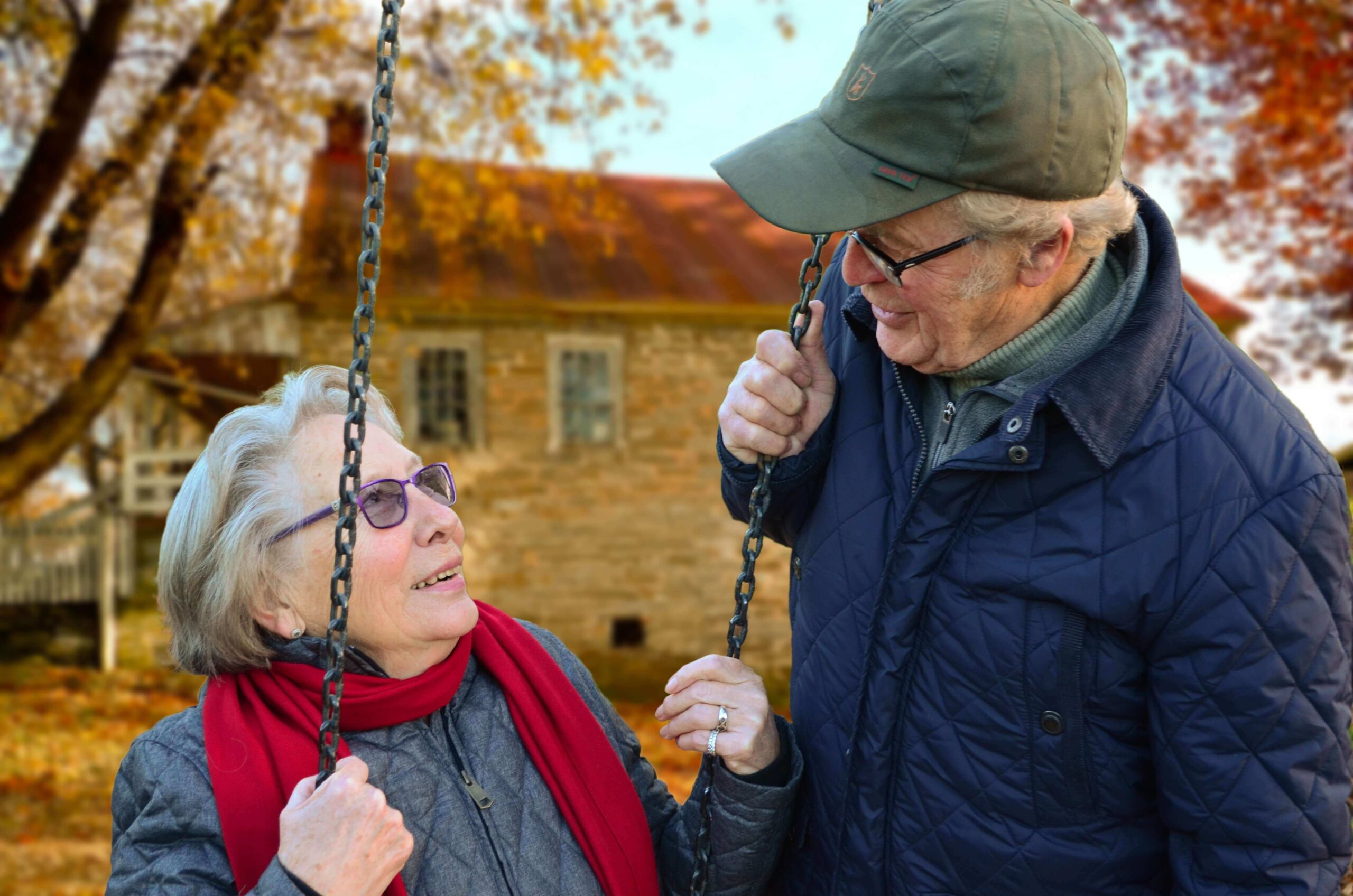
Find the resources you need by using keyword search and clicking enter or by filtering by category.
All Resources
join the community
VERIFIED businesses
Home Options Available
As a loved one ages and develops mobility and health issues, it may be time to re-evaluate their living situation. There is no one answer since everyone’s circumstances are different. There are several home options, so choose which is right for your loved one.
ADUs (Accessory Dwelling Units)
ADUs are independent living areas on the same lot as a family home within existing neighborhoods and on existing legal lots. It’s a separate dwelling such as a studio or one bedroom with a kitchen and full bathroom. ADUs allow extended families to be near one another while maintaining privacy. If an older adult resides in an ADU, some home modifications (grab bars, ramps, etc.) may need to be installed to make the home safer.
Home Care
Home care is when a caregiver provides non-medical assistance with dressing, bathing, transferring, walking, using the toilet, or eating. Caregivers might also help with light house cleaning, laundry, meal preparations, and medical appointments. A recipient may receive care temporarily (for example, recovery from surgery) or permanently. Most assume that provided care is for people who stay in their homes. Still, recipients may reside in a senior living community and need a caregiver, depending on the community’s resources.
Independent Living Communities
Independent living communities are for people generally 55 years old or older. These can be gated communities with houses, condos, townhomes, or apartments designated for seniors. It is where people of similar ages can live together independently. Often, these types of communities provide socialization opportunities for people with similar interests.
Assisted Living Residences
Assisted living is a type of housing designed for people who can live independently but may require some or no assistance. Living spaces can be individual rooms, apartments, or shared quarters. The facilities generally provide a home-like setting, meals, and light housekeeping and are physically designed to promote the resident’s independence.
Continued Care Retirement Community
Continued Care Retirement Communities (CCRC) offer different services for people as they go through the various stages of aging. These communities can provide independent living, assisted living, and skilled nursing facilities. This can be perfect for adults as they transition to the various levels of care as needed. Plus, CCRCs allow couples to stay in the same community if one qualifies for independent living and another qualifies for Skilled Nursing.
Residential Care
Residential care is a small community that offers personalized services to a small group in a home-like setting. Care includes lodging, meal services, and assistance with activities of daily living (ADLs). Though the name is residential care, many refer to these facilities as Adult Family Care, Board and Care Homes, or Personal Care Homes.
Nursing Home / Skilled Nursing Facility (SNF)
Nursing homes or skilled nursing facilities (SNF) provide 24-hour supervised care. These facilities offer meals, activities, and health management by a licensed physician. Nursing homes/SNFs are designed for adults who cannot care for themselves. Generally, residents are temporary, but some become permanent, depending on the person’s situation.
All housing options listed above are an out-of-pocket expense. Although Medicare may cover skilled nursing facilities temporarily and if the recipient meets the qualifications. Non-medical care for Activities of Daily Living may be covered if an individual purchases an insurance policy, such as a long-term care policy. There are state programs for low-income qualified individuals, so look into that as well.
STAGES lets you know what care and housing options are available.
top verified companies
@2024 STAGES FOR LIFE, LLC. Designed Intentionally by MOK
information
sales@stagesforlife.com
Articles
Government
verified businesses
Medical Services
Get Verified
Contact
Privacy Policy
Terms and Conditions
Downsizing
Housing and Care Services
Non-Profit
Professional Services
Medical Services
Professional Services
Non-Profit
Housing & Care Services
Government
Downsizing
Events
Newsletter